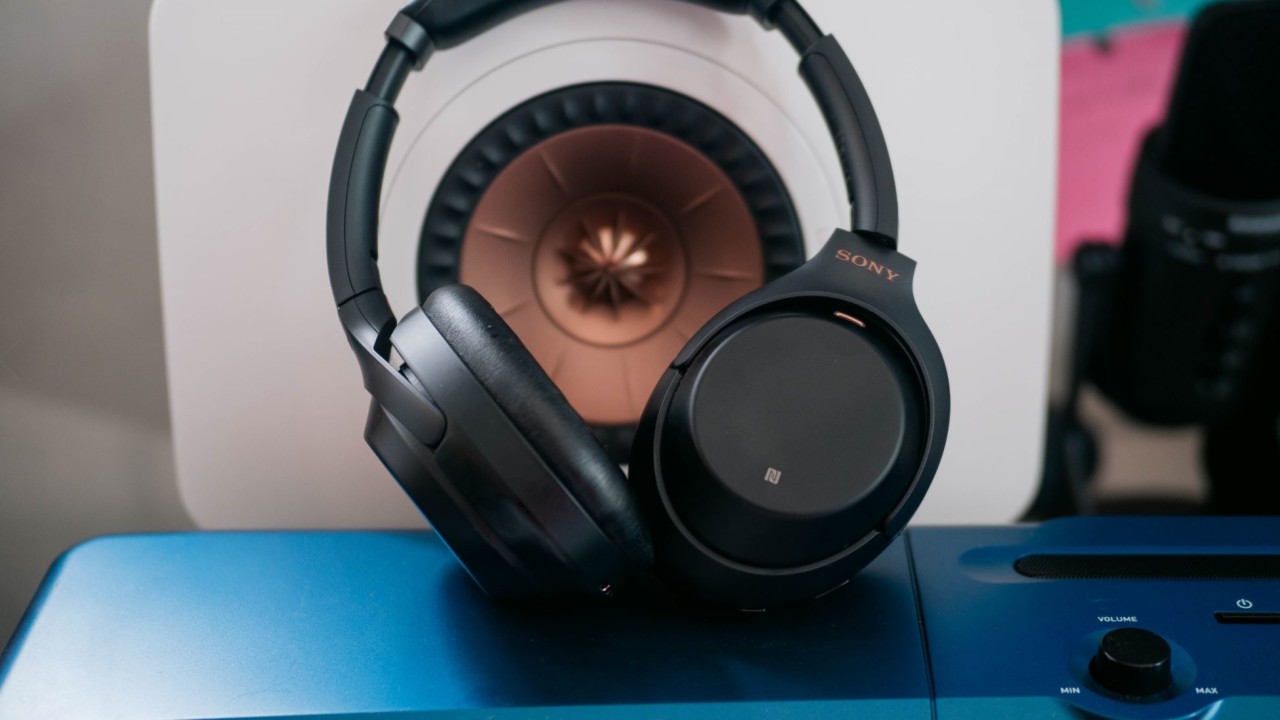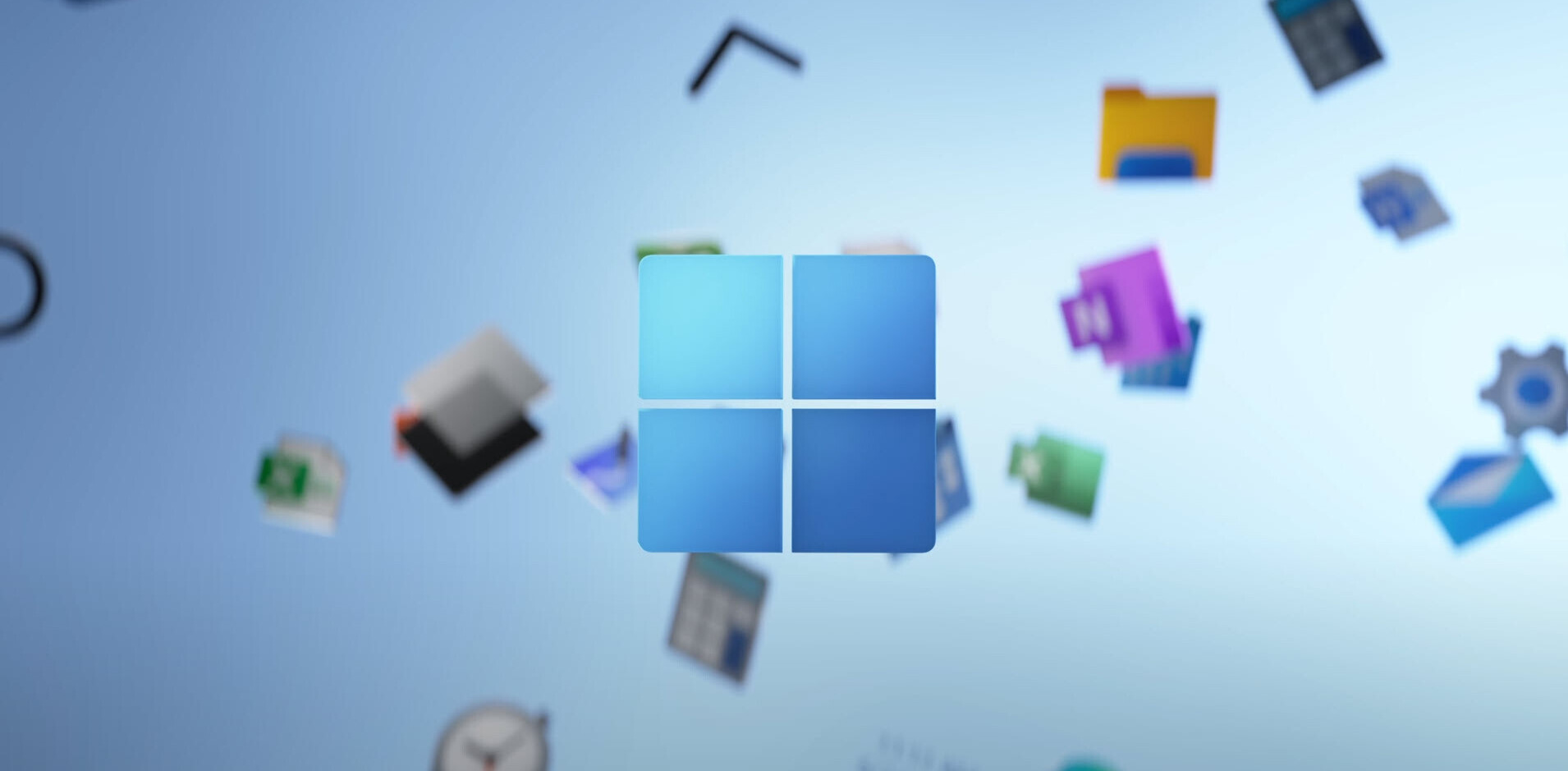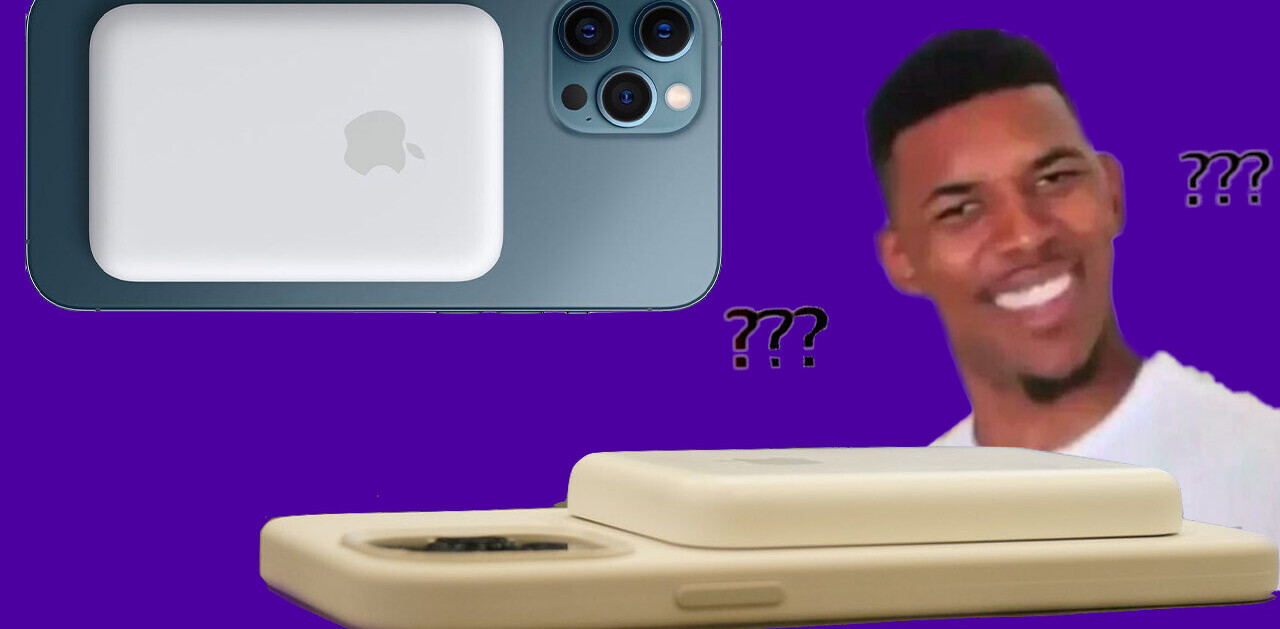
Audio enthusiasts often pride themselves on their ability to discern the tiniest nuances of a recording. They’ll research the best gear they can afford and seek the highest quality music formats to play on it.
That last bit has led to the classic debate among the hi-fi crowd: Can you hear a difference between lossless music and high-quality compression?
Many claim they can with the right equipment. Others think there’s no practical difference between lossless FLAC and, say, a 320 kbps MP3 – perhaps even lower bitrates with the right compression algorithms. But beyond casual comparisons, which open the way to confirmation bias, it seems few ever really put it to the test.
This ABX blind test lets you do just that.

The site is four years old, but I came across it while reviewing some headphones this week. It was born out of a quiz created by hi-fi streaming service Tidal a few years ago, which was meant to show how its lossless streams sounded better than even 320 kbps AAC. But that test had some fundamental issues:
“The Tidal test would tell you how many tracks you got correct, but that itself doesn’t tell you whether you can tell the difference. The two-option forced-choice format used by the Tidal test means that even chance performance leads to the response being correct on average 50% of the time: precisely like guessing heads or tails for a coin flip.”
The ABX test on the other hand, replicates the Tidal quiz’s encoding, but asks you to match two clips (A or B) to a reference clip (X). They’re randomized, and you don’t know which clips are lossless or not; you just have to pick whether A or B is identical to X. There are also different variants of the quiz that let you test lossless files against other types of encoding, including those used by Spotify and iTunes.
Let’s just say, it ain’t easy.

There are 5 short clips of music. You have the option to listen to each one 5, 10, or 20 times; the more you do, the more accurate your results are, but the longer the test takes.
I chose the middle option, which took me about 13 minutes. My headphones were the Sony’s 1000XM3 and Monoprice’s MP80 out of an LG G7.
To my surprise – I’ve always been on the lossy-is-fine camp, and I didn’t use super-high-end gear – I actually passed the test, with only a 2 percent chance my results were a fluke.

Despite the statistical significance, 66 percent accuracy isn’t very satisfying, so I tried taking the shorter version while sticking to the Sony headphones. That time I got 88 percent right – much better. I took few of the other tests and only failed on one.
(By the way way, if you want to hear what terrible compression sounds like, just check out the 96kbps MP3 test.)

I’m not here to brag about my ears though, because I never listen to music the way I did taking the test. I listen critically, sure, but I never repeat a three-second portion over and over again in hopes of hearing the tiniest bit of extra treble extension or “openness.” I had the advantage of roughly knowing what sort of distortion to look for, and I doubt I’d pass if I were listening to full tracks as opposed to tiny snippets. And even then, I mostly felt like I was taking my best guess on a match rather than a definitive conclusion on which track sounded better.
All that being said, I recognize that for many audiophiles, using lossless isn’t necessarily about hearing a clear difference, but about minimizing weaknesses in their sound chain. Knowing that you’re not degrading your sound in a stream of ones and zeros can give you piece of mind when you’ve spend hundreds or thousands on gear. And, hey, maybe if I was using fancier gear, I would’ve fared even better.
So yeah, maybe there is something to lossless after all, though my individual results certainly aren’t going settle that debate. Just remember that before you spend money for lossless because you’re convinced it’ll sound better, maybe you should actually put it to the test first.
Can you hear the difference? Give it a shot and let us know in the comments.
Get the TNW newsletter
Get the most important tech news in your inbox each week.




